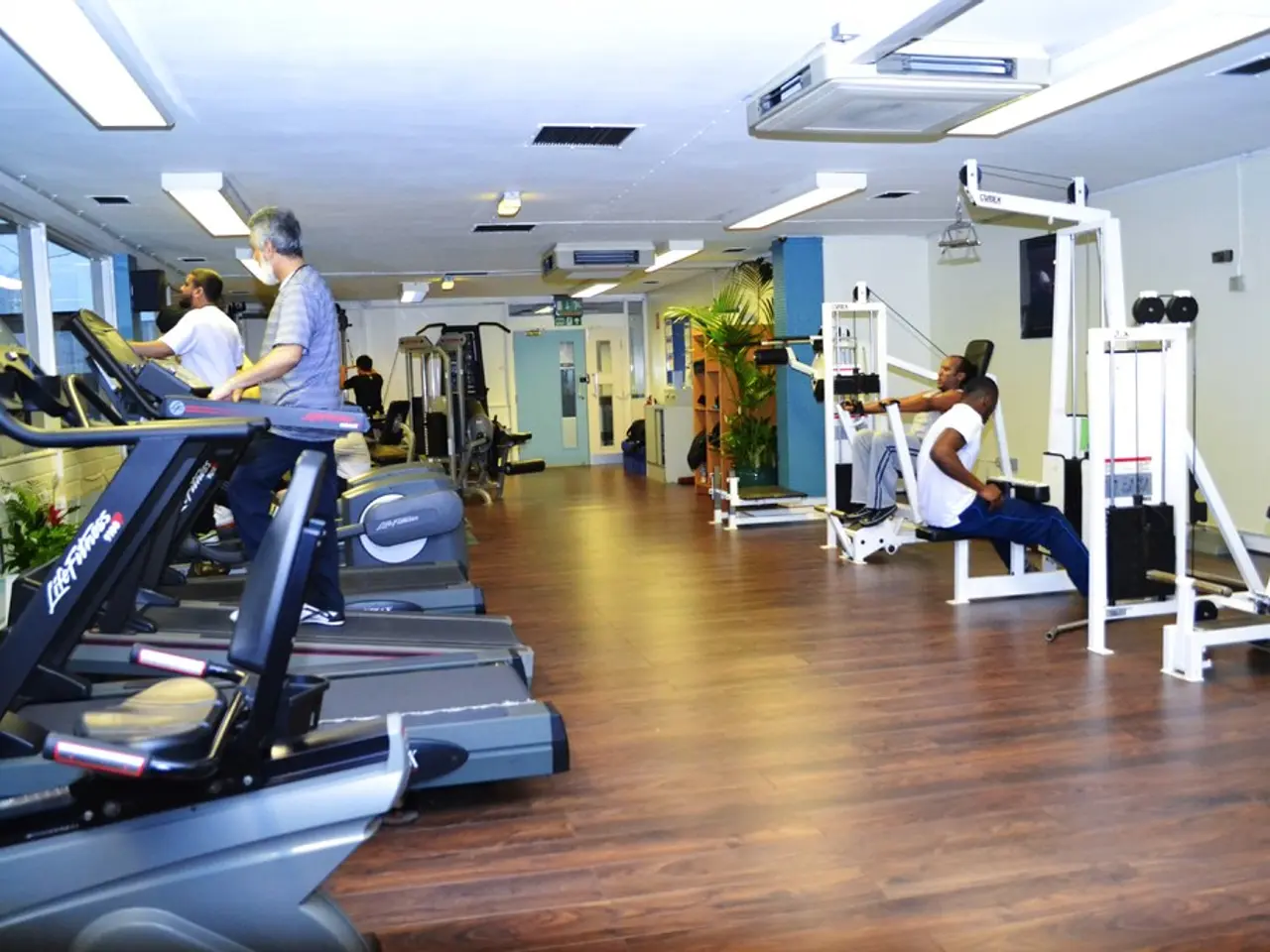Mixing Aerobic and Strength Exercises Boosts Cognitive Health, Slows Mental Decline
Research has revealed that combining aerobic and strength exercises can significantly enhance cognitive health and slow down mental decline. This discovery, backed by numerous studies, underscores the importance of regular physical activity for brain health.
Aerobic exercises, such as running or swimming, combined with strength training, like weightlifting, have been found to improve cognitive performance in older adults. Studies by researchers like Kolb and Whishaw, Hillman et al., Kramer et al., Voss et al., and Churchill et al. have shown that physical activity promotes neuroplastic changes in the brain, leading to better cognitive functions. These studies suggest that a mix of exercises can enhance executive function, working memory, processing speed, and overall cognitive performance. However, more research is needed to determine the most effective types and amounts of exercise for noticeable cognitive benefits.
The World Health Organisation reports that around 1 in 4 adults worldwide does not engage in enough physical activity. As the global population ages, maintaining cognitive health becomes increasingly important. Healthcare providers should consider recommending a mixed regimen of aerobic and strength exercises as a preventive measure for cognitive decline in older individuals. The NHS recommends at least 150 minutes of moderate-intensity activity or 75 minutes of vigorous-intensity activity per week for adults. Incorporating exercise into wellness plans can serve as a preventive measure and even as an active treatment for neurocognitive disorders.
In conclusion, combining aerobic and strength exercises can have significant benefits for cognitive health. As the global population ages, it is crucial to promote regular physical activity to maintain and improve cognitive function. Further research is needed to determine the most effective types and amounts of exercise for cognitive benefits. Healthcare providers should consider recommending a mixed exercise regimen as a preventive measure for cognitive decline.





